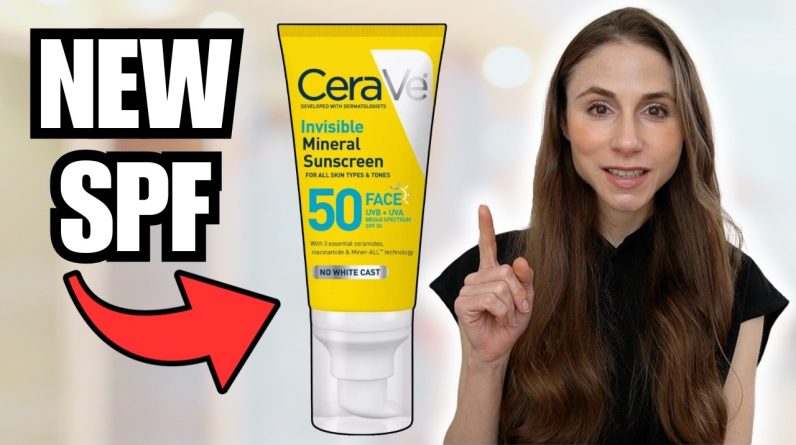In this video, we will show you how including coconut oil in your dog’s diet or applying it to his or her skin has many health benefits.
We have talked about it many times on our channel. Coconut oil is antibacterial, antifungal, and has many other benefits, not to mention how easy it is to find it.
But, did you know that it can also be used on our furry friends? Coconut oil can be used either topically or orally.
It can keep your dog or cat’s hair shiny and healthy, and avoids dry and irritated skin.
Did you know that it also kills parasites, such as scabies, fleas, and ticks?
Using coconut oil can be cheaper than the usual treatments, and it also has fewer chances of causing health problems.
Coconut oil is a great natural product and can be used on your pet’s ears to alleviate the symptoms of fungal infections.
Besides that, if it is regularly ingested by the animal, it can offer benefits to the skin, digestive system, immune system, and metabolic functions.
The coconut oil you should use is the cold pressed extra virgin one. It contains linoleic acid, responsible for killing and fighting the parasites.
When you’re buying the oil, remember that if it is kept in a warm room, it will have a liquid, transparent appearance.
But, if you keep the oil in a colder place, it will be white, and look like lard. So, don’t worry about the change in appearance.
When ingested, the recommended dose of coconut oil for dogs is ¼ teaspoon for every 22 lbs. of body weight, two times a day.
For small dogs, the daily dose is a teaspoon; for medium-sized dogs, the recommendation is a dessert spoon per day.
But it is always worthy to remember that, before starting this treatment, you should consult with your veterinarian.
Remember to wash the animal’s bed and all of its items, to avoid new contamination.
—————————————-
Facebook:
Pinterest:
Disclaimer: The materials and the information contained on Natural Cures channel are provided for general and educational purposes only and do not constitute any legal, medical or other professional advice on any subject matter. These statements have not been evaluated by the FDA and are not intended to diagnose, treat or cure any disease. Always seek the advice of your physician or other qualified health provider prior to starting any new diet or treatment and with any questions you may have regarding a medical condition. If you have or suspect that you have a medical problem, promptly contact your health care provider.
source








